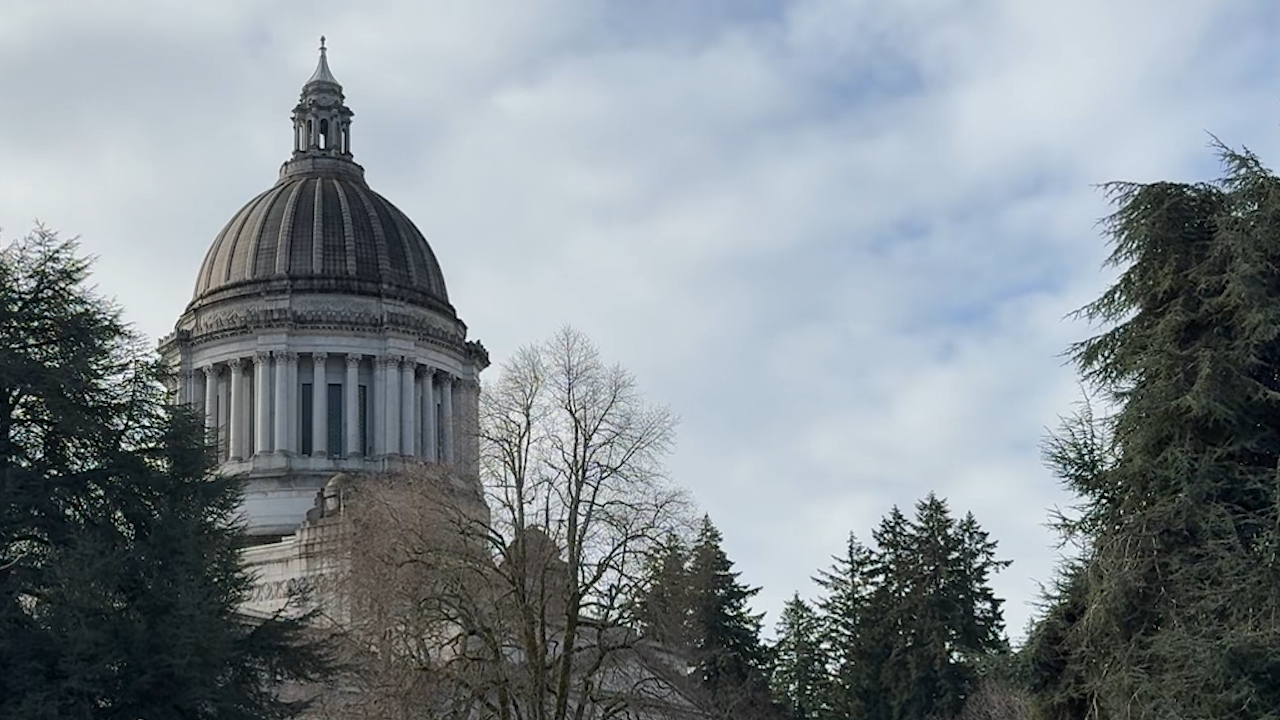OLYMPIA, Wash. – Washington lawmakers are considering providing free breakfast and lunch to all K-12 students, an expansion of current practice that could be challenged by the state’s budget woes.
Under current state law, public, charter and state-tribal education compact schools must provide free meals to any Kindergarten through fourth grade student if at least 40% of the school is eligible for free or reduced lunch under federal guidelines.
Senate Bill 5352 would expand that benefit to all students, regardless of grade or school population, enabling any student to request a free breakfast or lunch. The state would also provide more reimbursement to public schools to offset the costs.
Prime sponsor State Senator Marcus Riccelli (D-Spokane), said students can thrive in school when they have access to quality nutrition.
“They can learn, grow and play, and they’ll do it in a healthy way,” he told the Senate Early Learning and K-12 Education Committee on Tuesday. “We talk a lot about academic success, test scores here. We know none of that is attainable if a kid’s got issues with being hungry in school.”
A representative on behalf of Governor Bob Ferguson (D) testified in support of the bill. The governor previously highlighted the proposal during his inaugural address last month.
“Right now, if you’re a single parent working 40 hours a week making $19 an hour, your child doesn’t qualify for free meals,” he said on January 15. “That’s unacceptable. That needs to change.”
One student from Kirkland testified that expanding free meals would provide a great help to families economically struggling, but not enough to qualify for free and reduced food.
“It’s not that my family can’t afford to add money to mine and my siblings’ account, I personally just want to take that burden off my family,” said Lake Washington High School student Eleanor Lenihan. “Having the assurance that I can get lunch anytime would relieve that stress for me, too.
However, the state’s projected budget shortfall of $12 billion dollars over the next four years is casting a shadow on the proposal.
Committee chair State Senator Lisa Wellman (D-Mercer Island) said crucial funding increases for materials and operating costs, special education. and student transportation are already slated to cost the state an additional $1 billion. She also raised questions about providing free meals to students whose families can comfortably afford the food.
“I don’t believe we’ll be able to fund all of these items, plus meals on top of that, as much as we would like to be providing everything we possibly can to students,” she said.
Wellman pressed supporters on what priority would need to take a back seat. Some said the free meal expansion could be phased in over time, while others said new taxes could support all of the priorities and boost student outcomes.
“I believe that Washington, still having the second-most regressive tax code in the country, creates an opportunity for you to pass progressive new revenue measures that would not only fully fund the big three, but would also add meals to that equation,” said Aaron Czyzewski, Advocacy and Policy Director for Food Lifeline.
Companion legislation was heard in the House Appropriations Committee on February 3. As of Tuesday, both bills have yet to be scheduled for a committee vote.
Albert James is a television reporter covering state government as part of the Murrow News Fellowship program – a collaborative effort between news outlets statewide and Washington State University.
COPYRIGHT 2025 BY KXLY. ALL RIGHTS RESERVED. THIS MATERIAL MAY NOT BE PUBLISHED, BROADCAST, REWRITTEN OR REDISTRIBUTED.
